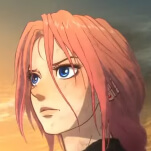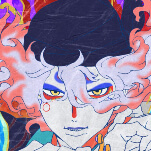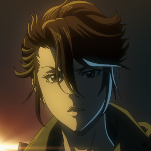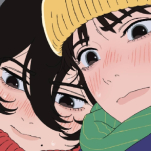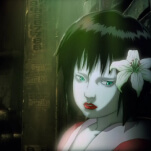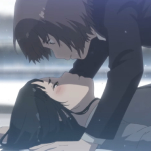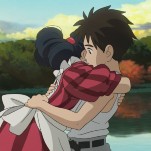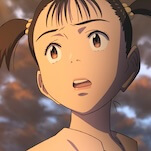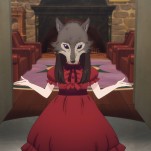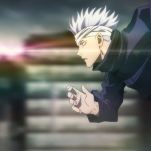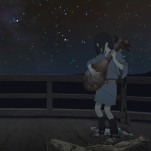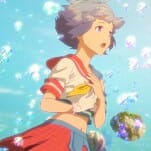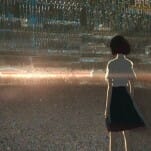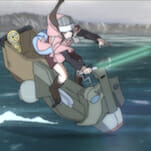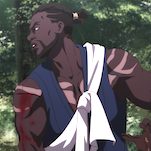Scarlet Offers Complicated Answers To Simple Questions
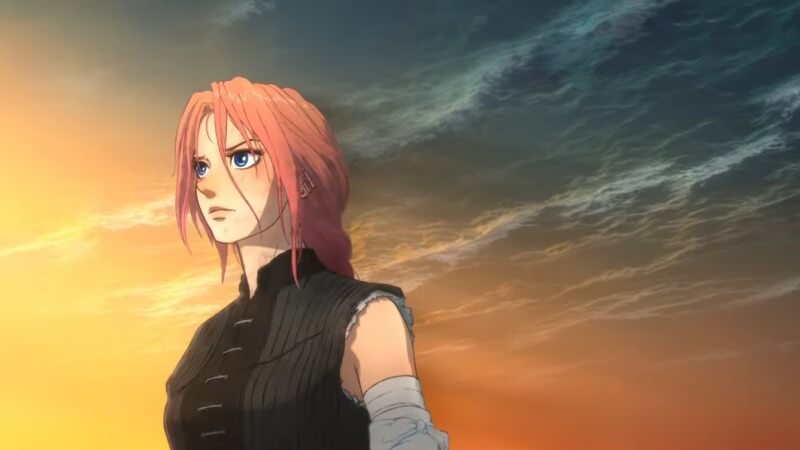

The most memorable line of Mamoru Hosoda’s Scarlet should probably be when the titular princess of Denmark—an anime-girl stand-in for Hamlet who is in every way a better person and therefore a less compelling protagonist than the Dane—declares that while she cannot forgive her uncle, she can forgive herself. Instead, the most memorable line is shouted by a nameless woman, a peasant amidst the masses starved under the decade of Scarlet’s uncle Claudius’s rule: “Do you promise not to oppress us?” My theater laughs, and Scarlet promises not to. She further declares that she will pursue a peaceful foreign policy with their neighbors, rule for all who have died wishing for an end to war, and create a world where children don’t have to die. And the masses believe her. They herald her as the daughter of the good king Hamlet. Maybe the Northern Wars don’t happen either and there is, as she believes, less conflict in the future.
Is Scarlet cringe? No. It isn’t really an anime adaptation of Hamlet, either. Polonius is one of Claudius’s closest conspirators, and he beats the shit out of Scarlet, for one. And Scarlet is no fool. She’s decided on revenge so entirely that she’s unconcerned with her own life or death or the meaning of anything outside of it. She’s decisive throughout the entire film until its climax, where she finally falters (like Hamlet) to strike her adversary while he falsely prays penitence. Built loosely from the thematic foundation of Hamlet, Scarlet explores what the tragedy could say about its cycles of violence if a father’s last words were not for revenge but forgiveness, and it brings the paranoia and militarization looming behind Shakespeare’s play to the forefront in a commentary not on Elizabethan England but 21st-century global conflict.
What is a world with monarchs but no violence to enforce their rule? What does forgiveness mean to a people who have been violently dispossessed? Hosoda doesn’t imagine the answers to those questions. With no one in the way to stop her, Scarlet, once self-fulfilled, is free to shape the kingdom for the better, singlehandedly, out of her noble obligation. This is where her story ends and it’s all I can really think about—which disservices the other 95% of the movie that looks like a gorgeous collage of animation techniques elegantly rendering the otherworldly African-desert-under-the-sea where Scarlet, on her revenge quest, joins the masses amidst a crusade fighting for their entry to heaven.
-

-

-

-

-

-

-

-

-

-

-

-

-

-

-

-

-

-

-

-

-

-

-

-

-

-

-

-

-

-

-

-

-

-

-

-

-

-

-

-

